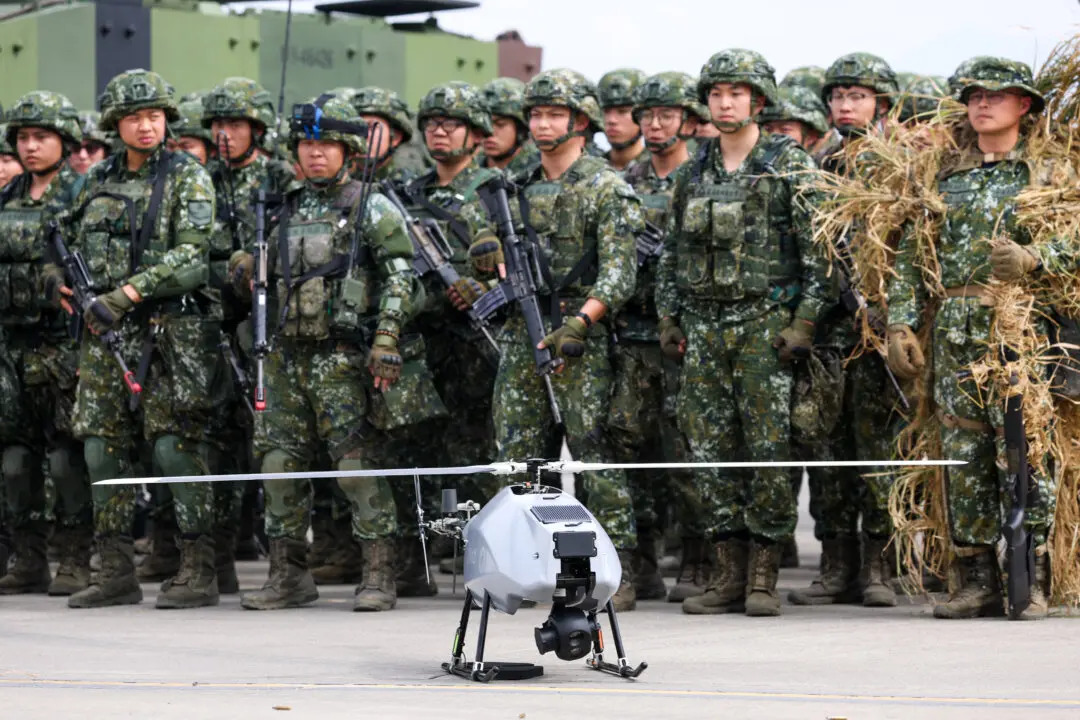Security concerns are being raised about the Wi-Fi provided on Taiwan’s mass transit network, after revelations aired at a recent parliamentary hearing.
Taiwanese legislator Cheng Pao-ching said that Speedlink—the Taiwanese company contracted to provide free 4G Wi-Fi on parts of Taiwan’s metro, railway, and high-speed railway—could, in fact, be controlled by Chinese company Comba Telecom Systems Ltd., given that both companies are registered at the same address.





